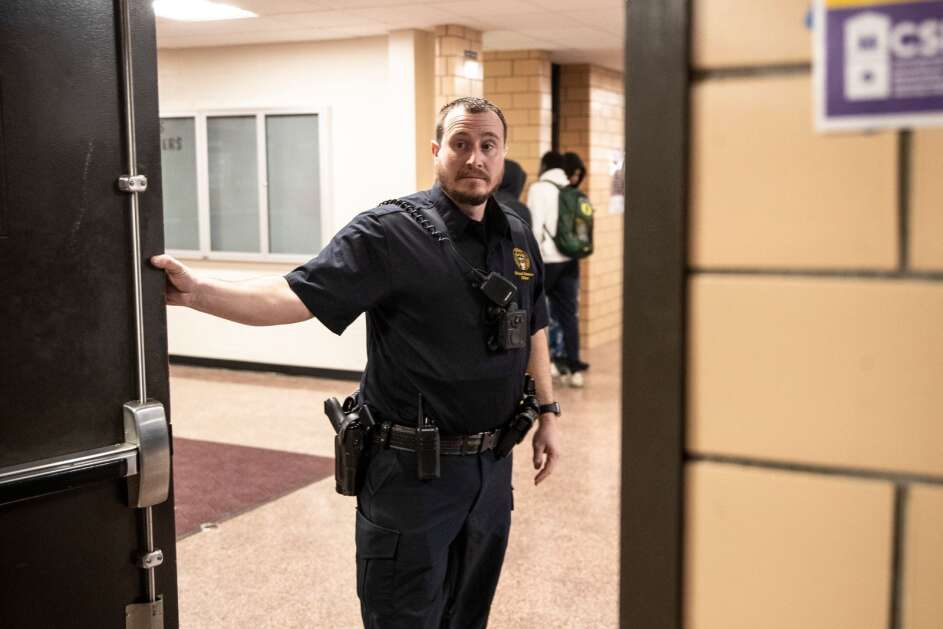A twisted murdererBefore ruthlessly stabbing four college students in Idaho to death, Bryan Kohberger searched the internet for obscene sexual information that was centered on attacking and raping sleeping women, according to experts in digital forensics.
Even while authorities claim there was no proof of a sexual component to the murders, the 30-year-old criminology PhD student’s surfing history contained disgusting phrases regarding non-consensual actions, providing a troubling glimpse into his dark obsessions.
Early on November 13, 2022, Kohberger killed Madison Mogen, Kaylee Goncalves, Xana Kernodle, and Ethan Chapin after breaking into an off-campus residence in Moscow, Idaho. Investigators were left racing to find a reason after the attack stunned the sleepy college town.
Inmates intended to make Bryan Kohberger, the murderer from Idaho, miserable while incarcerated: They were anticipating his arrival.iU7rocTS92 https://t.co/qtPyY1l5ovpic.twitter.com
New York Post, August 13, 2025 (@nypost)
Digital forensics specialists Heather and Jared Barnhart, who were employed by state prosecutors in 2023, have provided the Daily Mail with the precise search phrases that were discovered on Kohberger’s laptop and Android phone. His internet history had spooky terms like “raped,” “forced,” “sleeping,” “passed out,” and “voyeur,” they found.
According to Jared Barnhart, who told the publication that the pattern was extremely concerning and indicated of a distorted sexual fixation, the simplest way to put it is that all of his phrases were consistently related to non-consensual sex actions.
Kaylee Goncalves’ father has openly implied that Kohberger’s strange sexual obsessions may have been the driving force behind the murders, despite police claims that none of the four victims were sexually molested. Others think that if he had been addressed during the attack, his initial plans might have been altered.
A prison officer with access to the camera in his cell just revealed footage of #BryanKohberger behind bars. He appears to be going wild, but he has a bed, a toilet, and some possessions. This marks the beginning of the remainder of his life.
https://t.co/K48SEUhGXepic.twitter.com/JNPKT0xudh is the TikTok link.
August 15, 2025, Matt Thibodeau (@MattThibodeau)
Kohberger has declined to provide an explanation for his actions in spite of growing evidence and public conjecture. The case, according to prosecutors, is still a disturbing mystery that haunts the neighborhood because there is no obvious personal connection between the murderer and his victims.
Kohberger refused to discuss his plans or give an explanation for his killings when he was presented with the allegations. His silence has only increased conjecture about his possible thoughts in the hours leading up to the murders.
According to court documents, Kohberger was a budding criminologist who studied the same techniques employed by law enforcement to apprehend him. Investigators claim that he was able to hide his tracks for weeks until he was apprehended by a combination of surveillance footage, DNA evidence, and cellphone data because of his understanding of criminal procedures.
Kohberger has remained eerily composed even after his detention, speaking solely through his lawyers and making no public admissions of regret or justification. In addition to raising new questions about whether his violent fantasies eventually bled into reality, the disclosures regarding his internet search history offer one of the most unsettling looks to date into the mind of a man who is suspected of carrying out one of the most horrific college town massacres in recent American history.
Prosecutors plan to use the search history as part of their case in his upcoming trial, claiming it shows a disturbing obsession with violence against women. Although there is still no definitive explanation for why he did it, every new piece of knowledge adds another layer to the misery for the families of the victims.






